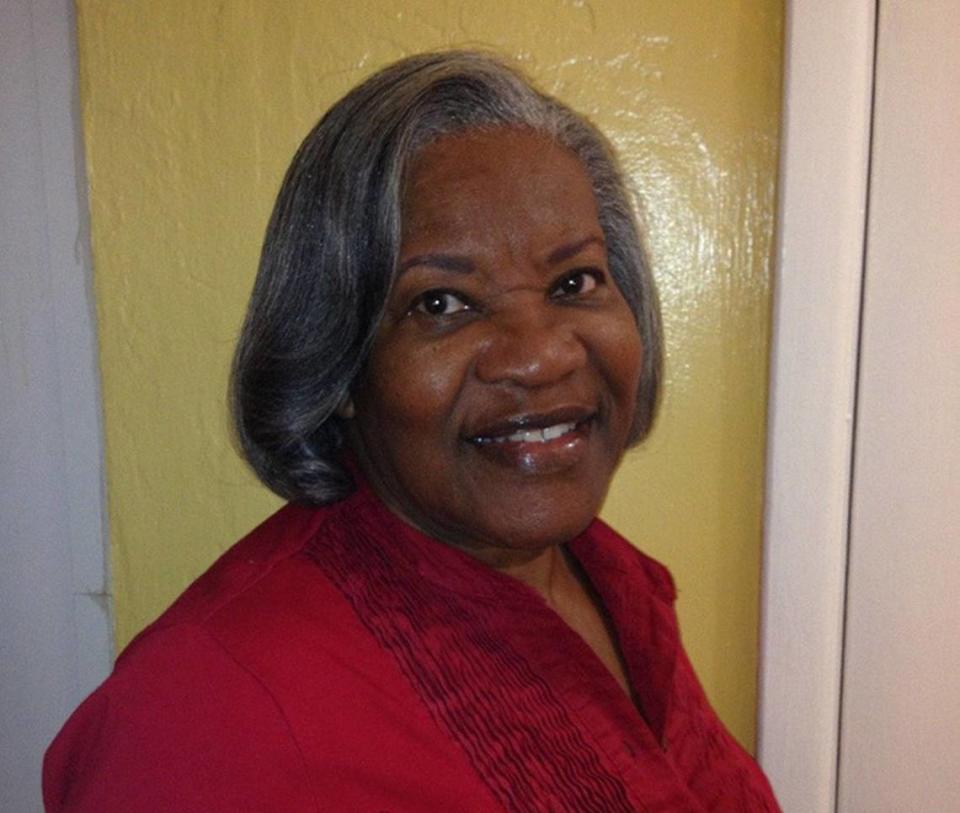Celebrating Passover with my Jewish friends is special time, though Gaza war casts pall
For years, I have joined my Jewish friends in celebrating Passover, or Pesach.
Usually, I am invited to one family’s home for the second night of Passover. This year, I celebrated at two Jewish homes — one on the first night, another on the second night.
This coming together at Passover with my Jewish friends is a special time for me. All differences are set aside; the focus is on this age-old Jewish holiday and our common ground. While not all Jewish families celebrate the holiday the same way, the ritual is still sacred and beautiful to me.
At my friend Sindy Teproff’s home on the first night, her daughter Carli read from the Haggadah (the story of Passover), which explains the meaning of the holiday’s symbols — the bitter herbs and the lamb’s bone, for example, which is placed on a Seder plate at the center of the table.
When Carli finished reading the story, we delved into the feast that had taken her two days to prepare.
At the second night of Passover at my friend Gail Harris’ home, the scene was quite different. In the past, when Gail’s husband Eddie was alive, he would do a few magic tricks and tell a few jokes before we got serious about the reason we were seated around the table.
The mood would change as Eddie officiated over the reading of the Haggadah, a story that has shaped many Jews’ life’s values. Everyone at the table read a portion of the Haggadah.
The Passover is a seven-day Jewish holiday of the feast of unleavened bread, so named because when the Jews were leaving Egypt there wasn’t time for the dough to rise before baking; they had to leave Egypt fast — hence unleavened bread, or matzah.
In my Christian faith, the Last Supper is symbolic of the Jewish Passover. On the evening before he was deceived by Judas, Jesus kept the Passover with his disciples.
When we celebrate the Holy Eucharist, we drink a bit of wine and eat a piece of unleavened bread in remembrance of Jesus giving his life for the sins of the world. The wine symbolizes his spilled blood, the unleavened bread his broken body.
So as I sit at the Passover table with my friends, I am reminded of the peace that Jesus came into the world to bring. It is a peace that we are still pursuing.
And while Passover symbolizes the “passing over the forces of destruction or the sparing of the first born of the Israelites,” Gail said, it is so much more.
For Gail, Passover is a time to focus on a way to peace.
“We need to work hard to establish respect for the differences that we each may have so that we each can thrive within our own religions,” she said. “Very often when we have a drink of wine with friends we say, ‘to life, to life’, which says that we value life.
“We need to learn how to value and respect each other. It will take a lot of work. Life isn’t easy. So, we pray. We pray not to have war or differences where we end up killing each other.”
On this second night Seder, as it has been since Eddie died eight years ago, there are only women seated at the Passover table. He is missed, but Gail carries on.
Even so, the mood is different this year. Some of the gaiety is missing, Gail starts the reading of the Haggadah. She asks the same question that Jews have asked for more than 5,000 years: “Why is this night different from all other nights?” Traditionally, the answer would be, “... because this is the night that God delivered the Israelites from the bonds of slavery in Egypt...”
But on this night of April 23, 2024, Passover is different for another reason: the war in Gaza.
“I am very conflicted with what is happening in Palestine and Gaza,” said Monique Halberstein, one of the guests. “What happened on Oct. 7 was horrible. And retribution is something that has to be done. But I’m thinking about the mothers and their children and how dire it is that they cannot eat. And I don’t know how to fix it. That breaks my heart. That is what is different about this Passover for me.”
Ellen Roth, another guest at the table said, “Passover reminds us of the thousands of years we have struggled with the ideas that divide us, giving too little attention to resolutions. For peace to prevail, we need to find solutions and compromises that will allow people to live in their own unique ways with respect for others ... so far, finding peace and security and freedom has been illusive.”
As I let their words sink in, I realize that while we may come from different faiths and cultures, as women, as mothers, we are on the same page. While finding peace and security and freedom in Gaza seems to be an ongoing battle, we can’t be smug here in America.
With the fighting and upheaval on our university and college campuses causing some to close, we can’t seem to find the secret to peace in our own country. And that my friends, leaves our democracy and freedom in grave danger.
We end the evening with my leading the ladies in singing “Amazing Grace.” And for a few minutes, we felt peaceful. It was so sweet.
Shalom


